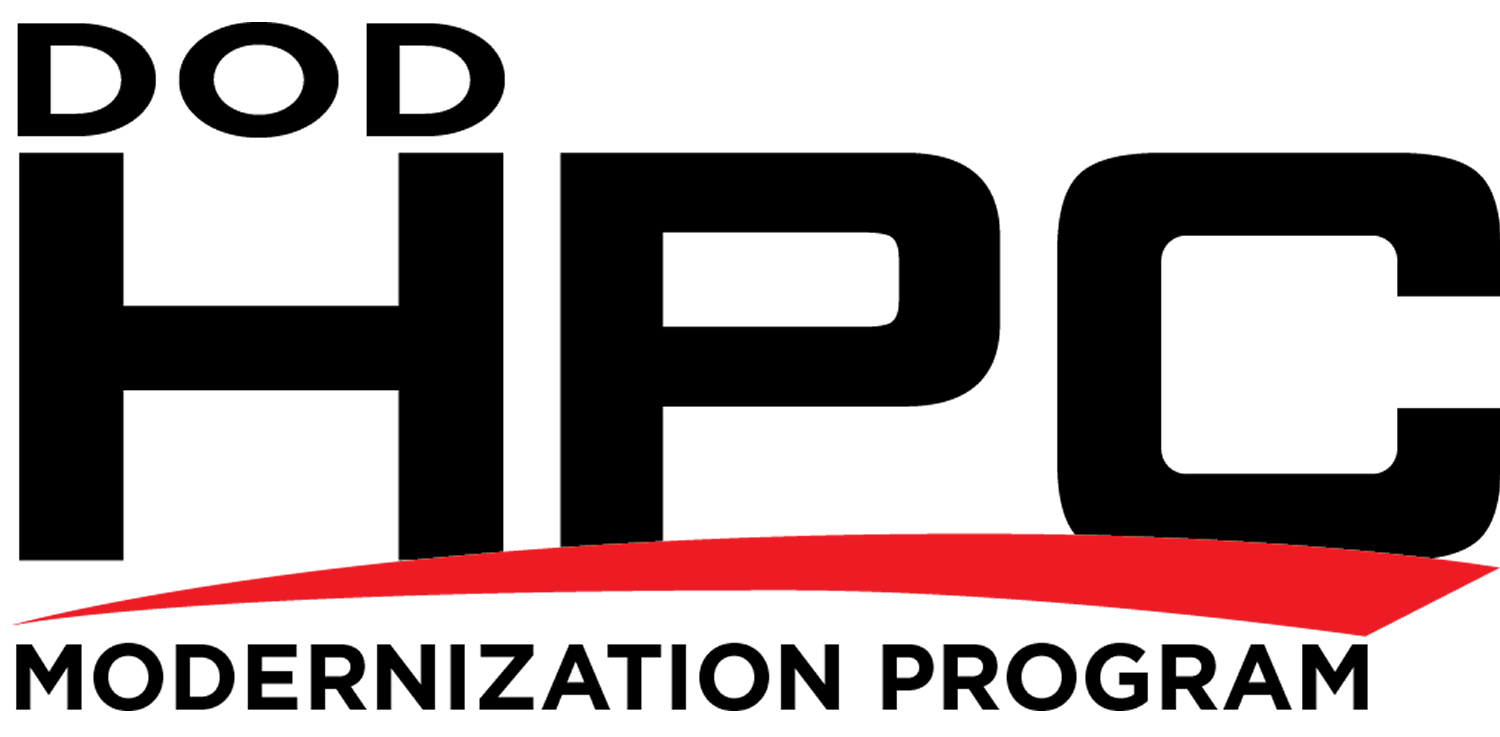Several Content Delivery Network (CDN, also known as content distribution network) Providers can provide dual stack (Internet Protocol version 6 [IPv6] in addition to legacy IPv4) access to IPv4-only websites. This article gives reasons why you might want to use a CDN Provider, and lists some of them. Another list of dual stack CDN Providers is available here. Sometimes, the report for a CDN provider on the CDNPlanet website may indicate that dual stack access is provided. For each CDN provider listed below, a statement of IPv6 support is available. Click on the CDN Provider Name.
| CDN Provider Name | Commencing |
|---|---|
| Akamai Technologies | 2011 |
| Amazon Cloudfront | 2016 |
| BelugaCDN | 2016 |
| CloudFlare,Inc. | 2011 |
| Fastly | 2017 |
| Imperva Incapsula | 2015 |
| Internap Corporation (NASDAQ ticker symbol: INAP) | 2011 |
| KeyCDN | 2018 |
| Leaseweb | 2010 |
| Limelight Networks, Inc. | 2009 |
| Lumen Technologies, LLC (formerly CenturyLink Business, Inc.) | 2021 |
| Microsoft Azure CDN | 2018 |
| Netflix Open Connect | 2014 |
| QUANTIL | 2015 |
| StackPath (formerly MaxCDN, Highwinds, and StackPath) | 2018 |
| Tata Communications | 2008 |
| Verizon Digital Media Services (formerly Edgecast Networks, Inc.) | 2012 |
Google Cloud CDN began providing the dual stack global network and edge infrastructure services for several of the above CDN Providers in 2018, including Akamai, Cloudflare, Fastly, Limelight, Lumen Technologies, Inc. (formerly CenturyLink Business, Inc.), StackPath and Verizon Digital Media Services.
Return to the IPv6 and IoT Knowledge Base: Frequently Asked Questions page.
